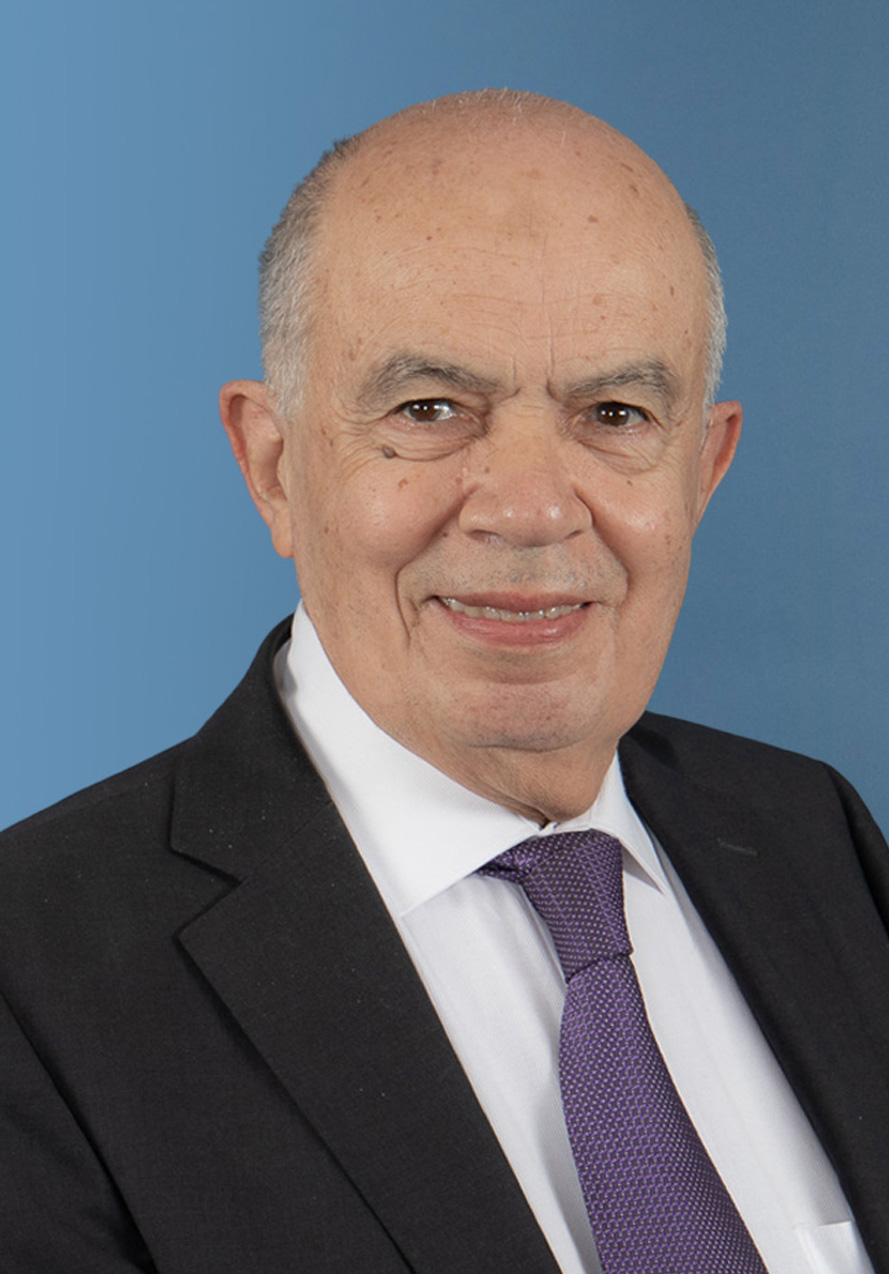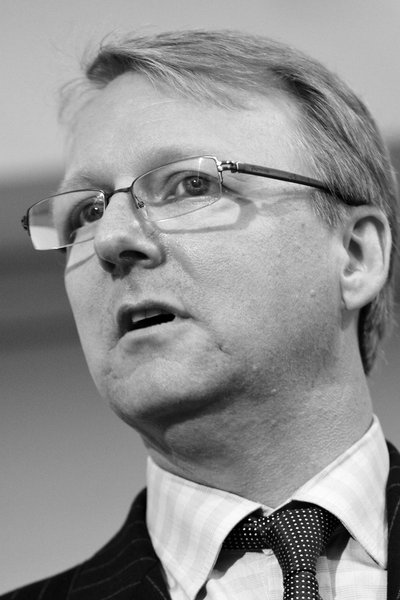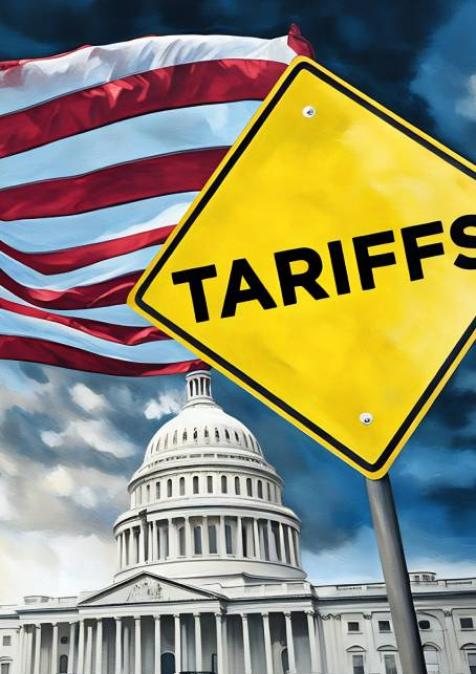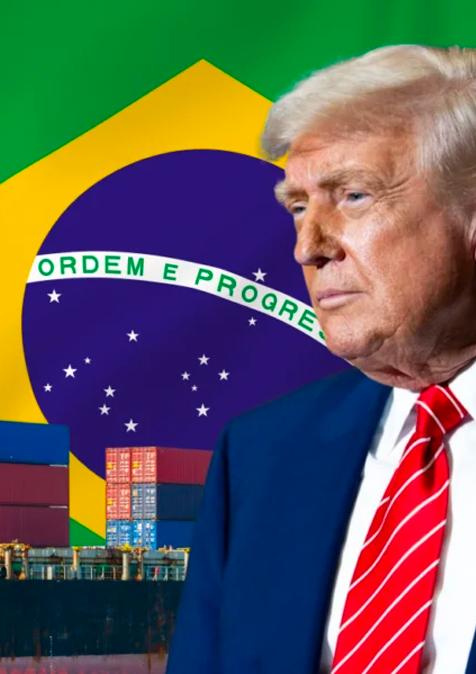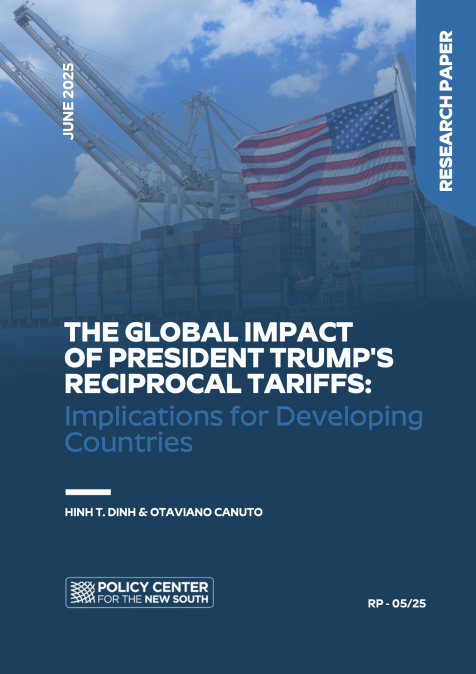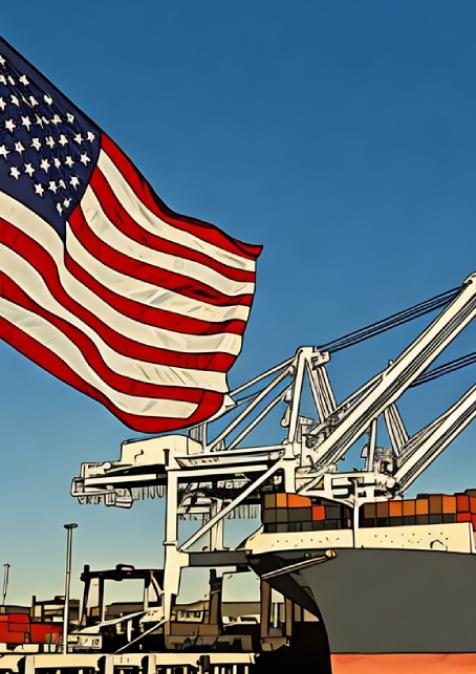La guerre commerciale sino-américaine annonce-t-elle la fin du système commercial d’après-guerre?
Les hostilités commerciales entre la Chine et les États-Unis, qui se sont intensifiées sous la présidence de D. Trump et qui se sont poursuivies sous l'administration américaine actuelle, marquent un tournant dans la libéralisation de l'économie mondiale depuis la fin de la Seconde Guerre mondiale. Le système commercial mondial est en ruine en raison de cette guerre commerciale, ainsi que du démantèlement du processus de règlement des différends de l'Organisation mondiale du commerce et des violations fréquentes des règles par ses membres. Cependant le système commercial d'après-guerre ne touche pas à sa fin ; il évolue plutôt vers un ensemble d'interactions commerciales plus compliquées, politiques et controversées. La nouvelle structure sera très probablement basée sur une OMC en mode maintenance, avec des réglementations faibles et inapplicables, et trois blocs établis par des hégémonies régionales. Au sein des blocs, le commerce sera ouvert et prévisible, mais les blocs seront distincts, ce qui conduira à la politisation du système. Les liens commerciaux entre les blocs seront tendus et peut-être instables, en particulier parmi les hégémons régionaux. À l'échelle mondiale, les pays doivent réévaluer leur politique commerciale et étrangère. Ce webinaire vise à mieux comprendre :
- Qu'est-ce qui constitue le « système commercial mondial » ;
- Quelles sont les implications de la guerre commerciale continue entre la Chine et les États-Unis sur le « système commercial mondial » ;
- Quelle forme aurait la nouvelle structure du « système commercial mondial » ?



